[Weekly News Roundup] From a corona shield for vehicles to three new compact SUVs
Here is a quick look at all the important stories in the Indian automotive industry this week.
The ongoing coronavirus onslaught and the upcoming BS-VI deadline has left the Indian automotive industry gearing up for another quarter of falling sales.
With the COVID-19 slowly gripping the country, several key cities have seen temporary closures of dealerships as a safety measure. Besides, several manufacturers switched to digital press conferences.
Compact SUVs was the flavour of the week with three launches. Here’s what made news in the world of automobiles this week.
Droom introduces Corona Shield

Droom has launched a new service called Corona Shield to make vehicles virus-proof. The startup claims that its anti-microbial surface protection treatment will be effective for up to four months against droplet-based viruses. It claims that the treatment is effective against SARS (severe acute respiratory syndrome) and other droplet-based viruses.
Corona Shield uses an advanced technology, which uses an anti-microbial coating that attracts bacteria and viruses and ruptures their cellular membranes. Using an odourless coating, it is also capable of protection against algae, yeast, mould, and mildew, and has a 99.99 percent microbial reduction rate (claimed).
The service starts at Rs 499 for scooter and motorcycles, and goes up to Rs 1,799 for SUVs and luxury cars.
Hyundai Creta launched in new avatar
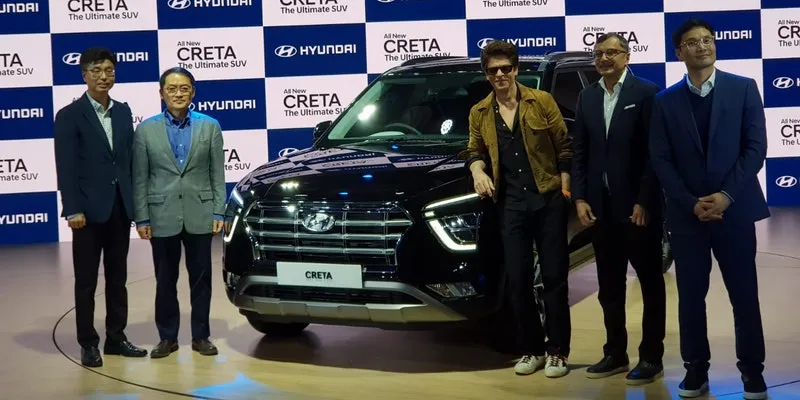
The second-generation Hyundai Creta with a price tag ranging between Rs 9.99 lakh and Rs 17.20 lakh (both prices ex-showroom, Delhi) was launched this week. The compact SUV is now offered with the 1.5-litre petrol (115 PS/ 144 Nm) and 1.5-litre diesel (115 PS/250 Nm) mills from the Kia Seltos. Also, on offer is a turbocharged 1.4-litre petrol unit (140 PS/242 Nm) with a dual-clutch automatic transmission. The naturally aspirated petrol is offered with a six-speed manual or a CVT (continuously variable transmission) while the oil burner gets a six-speed manual or a six-speed automatic gearbox.
Features include split LED headlamps, 17-inch diamond-cut alloy wheels, puddle lamps, 10.25-inch HD touchscreen infotainment system, ventilated front seats with 8-way power adjustment for the driver seat, and blue ambient lighting. Also, on offer are a touch-enabled air purifier, electric parking brake, paddle shifters.
The 2020 Hyundai Creta also gets safety features like six airbags, rear disc brakes, Vehicle Stability Management (VSM), Hill-start Assist Control (HAC), Electronic Stability Control (ESC), and rear camera.
BS-VI Renault Duster launched
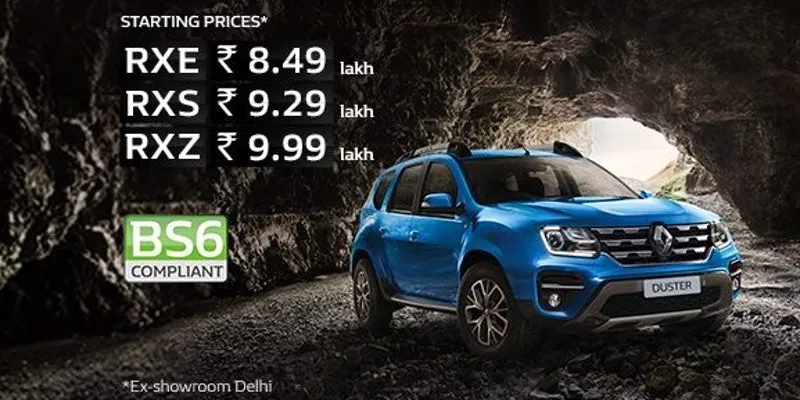
Creta competitor Renault Duster is now available in BS-VI emission compliance. Renault has discontinued the diesel engine option, and now retails the compact SUV with a 1.3-litre turbocharged petrol engine (156 PS/250 Nm), which was developed by the Renault-Nissan-Mitsubishi Alliance and Daimler. Gearbox options include only a six-speed manual while a CVT option may be available as an option.
The French carmaker is also not offering the all-wheel-drive version of the BS-VI Duster. However, it may offer it in the future. Prices for the BS-VI Renault Duster ranges between Rs 8.49 lakh and Rs 9.99 lakh (ex-showroom, Delhi).
Volkswagen launches T-Roc after over two-year wait
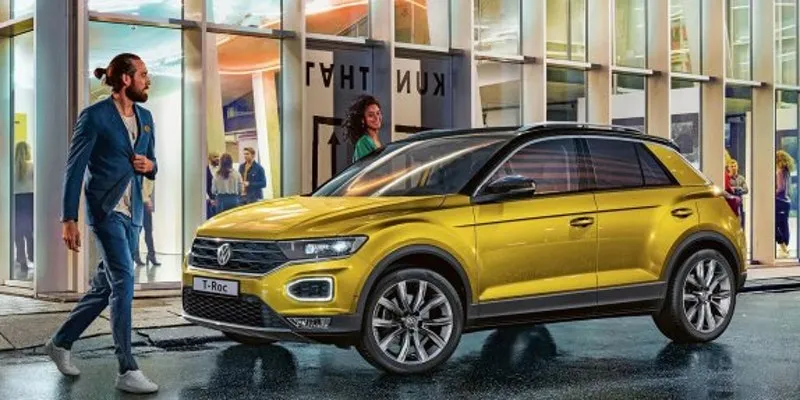
German carmaker Volkswagen is currently going through a revival mode in India, and the company has finally launched the T-Roc in the country at Rs 19.99 lakh (ex-showroom). This is the third compact SUV to be launched this week, and aims to be the most luxurious offering amongst the trio. Based on the MQB platform, the Volkswagen T-Roc is powered by a 1.5-litre turbocharged petrol engine (150 PS/250 Nm).
T-Roc is offered in India with cylinder deactivation, which deactivates two cylinders during leisure, urban driving. Gearbox option is a lone seven-speed dual clutch automatic. An all-wheel drive option though not offered in India, is available internationally.
Features include LED headlamps, electronic differential lock, anti-slip regulation, engine drag torque control, Hill Start Assist (HSA), and six airbags.
Ola believes bike-taxi business can create over two million livelihoods
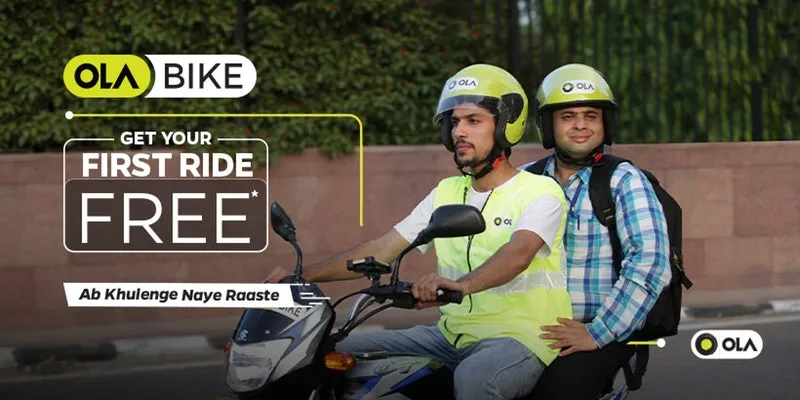
Ride-sharing startup Ola believes that bike-taxi business has the potential to generate revenue in the range of $4 million to $5 million, and over two million livelihoods. India is the largest two-wheeler market in the world, and nearly 63,000 two-wheelers were sold in India every day in 2019.
Ola believes that the full potential of the sector can be achieved by effectively governing bike-taxis as a mobility category with a coherent legal clarity. Incorporating bike-taxis with public transit system will help make it reach its true potential.
The startup also wants formal credit to be made available to driver-entrepreneurs, helping create a level-playing field for all stakeholders.
In-vehicle infotainment affects your driving worse than alcohol, cannabis
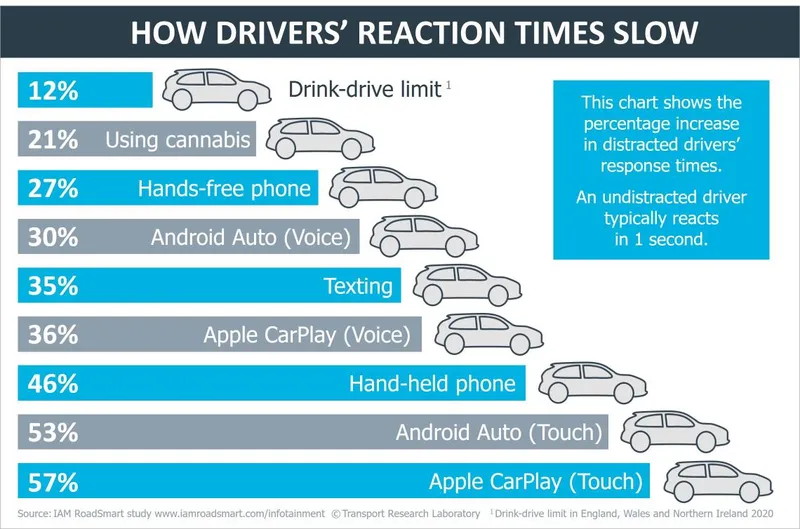
A study conducted by IAM RoadSmart has revealed that in-vehicle infotainment systems designed to improve road safety are failing, as well as impairing reaction time behind the wheel more than the use of alcohol and cannabis.
The study was conducted in close association with Fédération Internationale de l'Automobile (FIA) and Rees Jeffreys Road Fund. Surprising results point out that using touchscreen infotainment system increases the reaction time at motorway speeds, thus increasing the average stopping distances between four and five car lengths.
Drivers were found to be taking their eyes off the road for as long as 16 seconds while using these systems. In comparison, participants in the study underestimate the time spent while looking away from the road and using touchscreen-based Apple CarPlay and Android Auto by as much as five seconds.
Maruti Suzuki calls for entries from startups for its fourth MAIL cohort
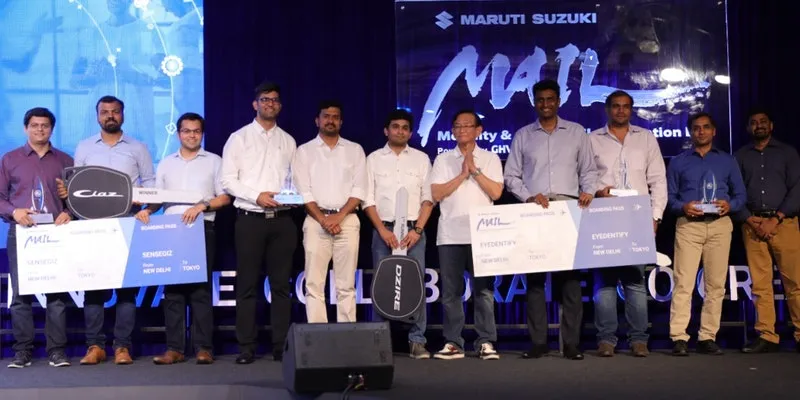
In its fourth edition, Maruti Suzuki’s Mobility and Automobile Innovation Lab (MAIL) initiative will be accepting entries till May 15, 2020. Introduced first in 2019, the programme has been specially curated for startups working in areas of mobility and automobile.
Maruti aims to provide these startups with an opportunity to turn their innovative ideas into practical disruptive solutions and showcase their entrepreneurial capabilities. Winners stand a chance to win cars like the Ciaz and Dzire. Besides collaborating with Maruti for a paid project, winners will also receive an all-expense-paid educational and networking trip to Japan.
Maruti updates Dzire with new powertrain and improved fuel economy
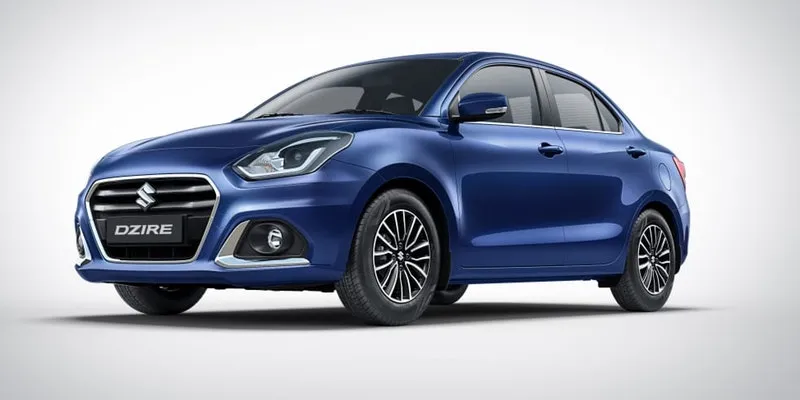
The new Maruti Dzire has been introduced as a petrol only option and is priced between Rs 5.89 lakh and Rs 8.80 lakh (both prices ex-showroom, Delhi). Its 1.2-litre K12N powertrain is borrowed from the Baleno and produces 90 PS of power. Besides, its fuel efficiency ranting has improved to 23.26 kmpl (best in segment), up from 21.21 kmpl.
Gearbox options include a five-speed manual or a five speed AMT (automated manual transmission). Also, the compact sedan is fitted with first in segment idle start-stop system. India’s largest carmaker has also made the Dzire with features like electronic stability control and hill hold control.
(Edited by Megha Reddy)


![[Weekly News Roundup] From a corona shield for vehicles to three new compact SUVs](https://images.yourstory.com/cs/54/9aed5fa0c8be11e9a36aeb06ee850db6/Imagerxhr-1584790911501.jpg?mode=crop&crop=faces&ar=2%3A1&format=auto&w=1920&q=75)


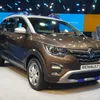

![[Funding alert] Hero MotoCorp’s Pawan Munjal invests $1M in Ola Electric in Series B round](https://images.yourstory.com/cs/54/9aed5fa0c8be11e9a36aeb06ee850db6/Imagem0ji-1584006561762.jpg?fm=png&auto=format&h=100&w=100&crop=entropy&fit=crop)







